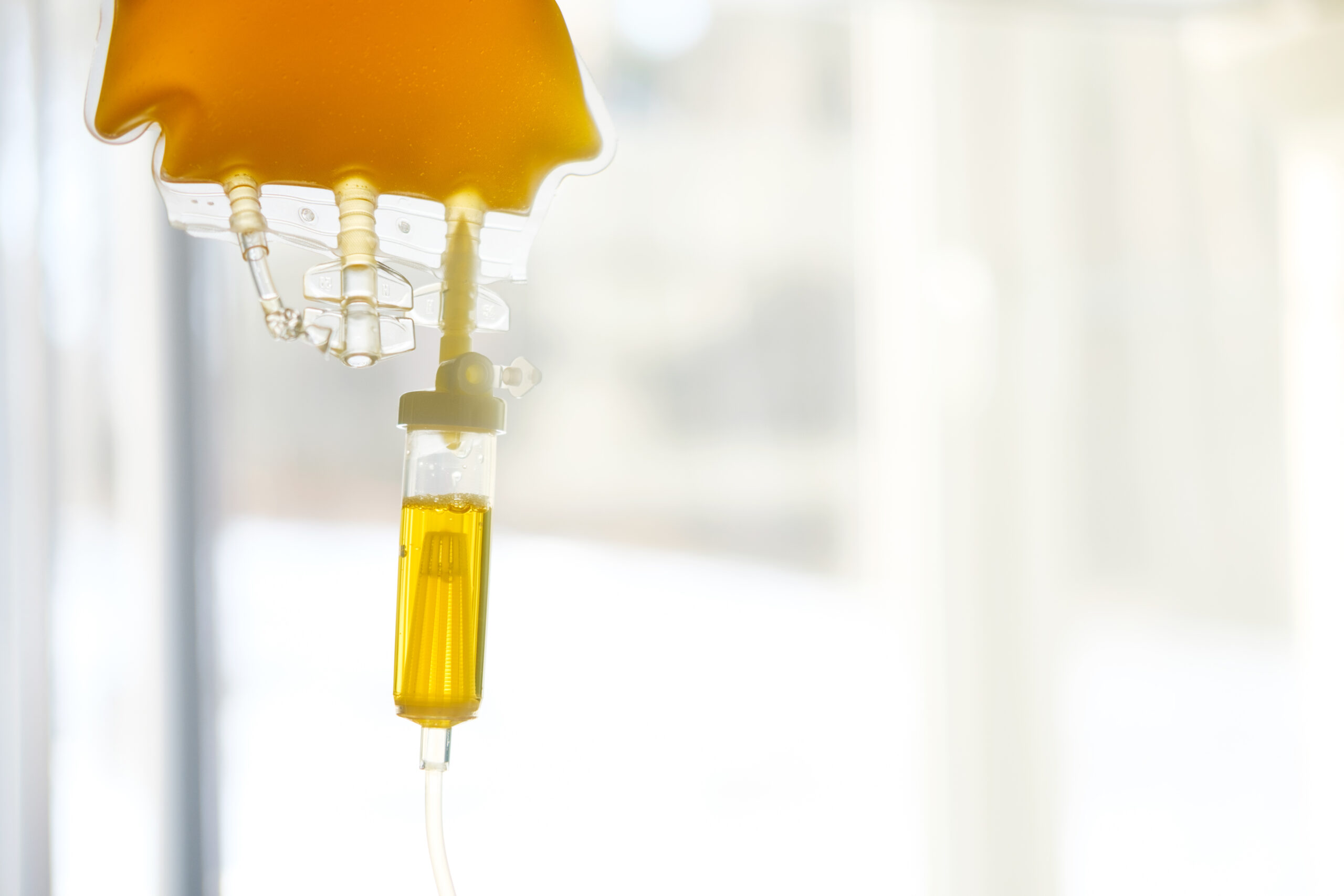
Vitamin D Deficiency
Vitamin D deficiency exacerbates UV/endorphin and opioid addiction
BY LAJOS V. KEMÉNY, KATHLEEN C. ROBINSON, ANDREA L. HERMANN, DEENA M. WALKER, SUSAN REGAN, YIK WENG YEW, YI CHUN LAI, NICHOLAS THEODOSAKIS, PHILLIP D. RIVERA, WEIHUA DING, LIUYUE YANG, TOBIAS BEYER, YONG-HWEE E. LOH, JENNIFER A. LO, ANITA A. J. VAN DER SANDE, WILLIAM SARNIE, DAVID KOTLER, JENNIFER J. HSIAO, MACK Y. SU, SHINICHIRO KATO, JOSEPH KOTLER, STACI D. BILBO, VANITA CHOPRA, MATTHEW P. SALOMON, SHIQIAN SHEN, DAVE S. B. HOON, MARYAM M. ASGARI, SARAH E. WAKEMAN, ERIC J. NESTLER, DAVID E. FISHER
SCIENCE ADVANCES11 JUN 2021 : EABE4577
Main Take Away Point: Addiction to UV light and opioids is increased by Vit D deficiency, suggesting that a feedback loop promotes its synthesis.
Comment: In our battle against opioid addiction, it appears that a simple measure of testing for Vit D deficiency and then providing supplementation may be helpful. Prospective clinical research will have to be performed to verify that Vit D supplementation, when needed, or perhaps when not needed but to simply raise normal Vit D levels to either higher levels within the normal range, or perhaps even supratherapeutic levels, have beneficial outcomes in terms of treating opioid addiction and/or dependence. Until that time, in the opinion of this author, testing for Vit D deficiency and instituting treatment in the opioid misuse disorder patient seems a low risk and possibly high reward endeavor. This is especially in light of the known benefits of treating Vit D deficiency outside of opioid misuse disorder such as promoting healthy bones, a healthy immune system, maintaining normal cognitive function, and preventing cognitive decline in aging.
Pearls:
- The optimum range of 25-hydroxy vitamin D in the blood is 20 to 50 nanograms per milliliter per a 2010 Institute of Medicine (IOM) report. However, in 2011 the Endocrine Society issued a report in which their experts concluded: “Based on all the evidence, at a minimum, we recommend vitamin D levels of 30 ng/mL, and because of the vagaries of some of the assays, to guarantee sufficiency, we recommend between 40 and 60 ng/mL for both children and adults.”
- The Institute of Medicine recommends 600 international units, or IU, per day of dietary vitamin D for adults through age 70 and 800 IU per day thereafter. Ingesting more than 4,000 international units a day can be problematic, leading to weight loss, excessive urination, dysrhythmias, and increases in calcium levels which can damage blood vessels and the kidneys.
About the author:
Christopher Voscopoulos, MD, MBA, MS, MLS, FCCP, RPNI is President, Medical Specialists Associates. He is Board Certified in Anesthesiology, Critical Care, Pain Medicine, Addiction Medicine, Transesophageal Echocardiography, Critical Care Echocardiography, and is a Registered Physician in Neurovascular Imaging




